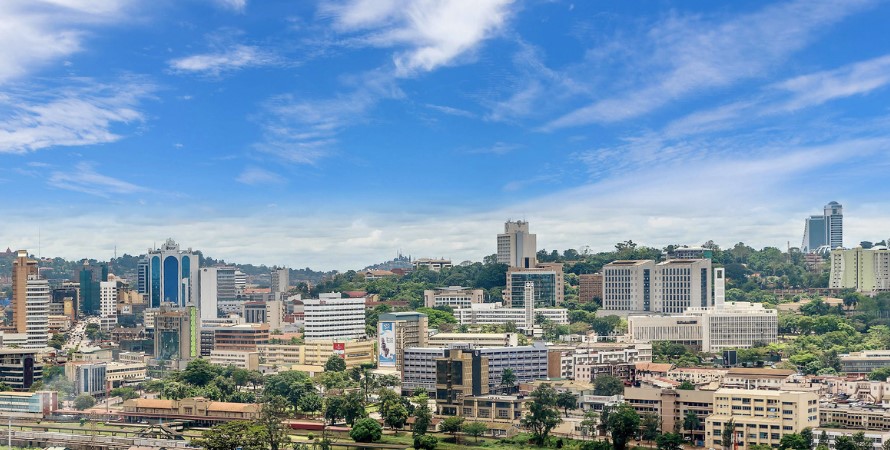Weather conditions in Kampala
Weather conditions in Kampala. Welcome to our weather blog, where we dive into the captivating world of weather conditions in Kampala, the vibrant capital city of Uganda. Situated near the shores of Lake Victoria, Kampala experiences a unique blend of tropical weather patterns that influence its climate. In this blog, we will uncover the intriguing aspects of Kampala’s weather, including its seasonal variations, rainfall patterns, temperature ranges, and the influence of geographical factors. Join us on this fascinating journey as we explore the weather conditions that shape life in Kampala.
Understanding Kampala’s Climate: Kampala falls within the equatorial climate zone, resulting in consistently warm temperatures throughout the year. The city experiences two distinct seasons: a wet season and a dry season. Delve into the characteristics of each season and how they affect the city’s weather patterns.
The Wet Season: During the wet season, which generally spans from April to November, Kampala receives substantial rainfall. Discover the reasons behind this phenomenon, including the influence of the Inter-Tropical Convergence Zone (ITCZ) and the lake effect caused by Lake Victoria. Learn about the typical rainfall amounts, frequency, and the impact on daily life and activities.
The Dry Season: From December to March, Kampala experiences its dry season. Uncover the unique features of this period, including the prevalence of clear skies, reduced rainfall, and the impact of Harmattan winds from the Sahara Desert. Explore how the dry season affects agriculture, tourism, and local ecosystems.
Temperature Ranges: Kampala boasts a pleasant climate, with average temperatures ranging from 21°C (70°F) to 26°C (79°F) throughout the year. Dive into the factors that influence these temperature ranges, such as altitude, proximity to Lake Victoria, and the city’s urban heat island effect. Discuss how temperature fluctuations impact daily life and highlight any extreme temperature events that have occurred in recent years.
Severe Weather Events: Although Kampala generally experiences favorable weather conditions, occasional severe weather events can occur. Discuss notable events such as heavy storms, thunderstorms, and flash floods that have affected the city in the past. Explore the causes behind these events, the impacts on infrastructure and communities, and any mitigation measures undertaken to minimize the risks.
Climate Change and Kampala: Climate change poses significant challenges worldwide, and Kampala is not exempt from its effects. Examine how climate change is impacting the city’s weather patterns, including shifts in rainfall patterns, temperature extremes, and the potential risks to vulnerable communities. Highlight any adaptation and mitigation strategies being implemented to address these challenges.
Conclusion: Kampala’s weather conditions offer a fascinating glimpse into the dynamic nature of equatorial climates. By understanding the city’s seasonal variations, rainfall patterns, temperature ranges, and their impacts, we can gain a deeper appreciation for the intersection of weather and daily life in Kampala. As we continue to monitor the ever-changing climate, let us work towards sustainable solutions to ensure a resilient and weather-ready future for Kampala and its inhabitants.


0 Comments